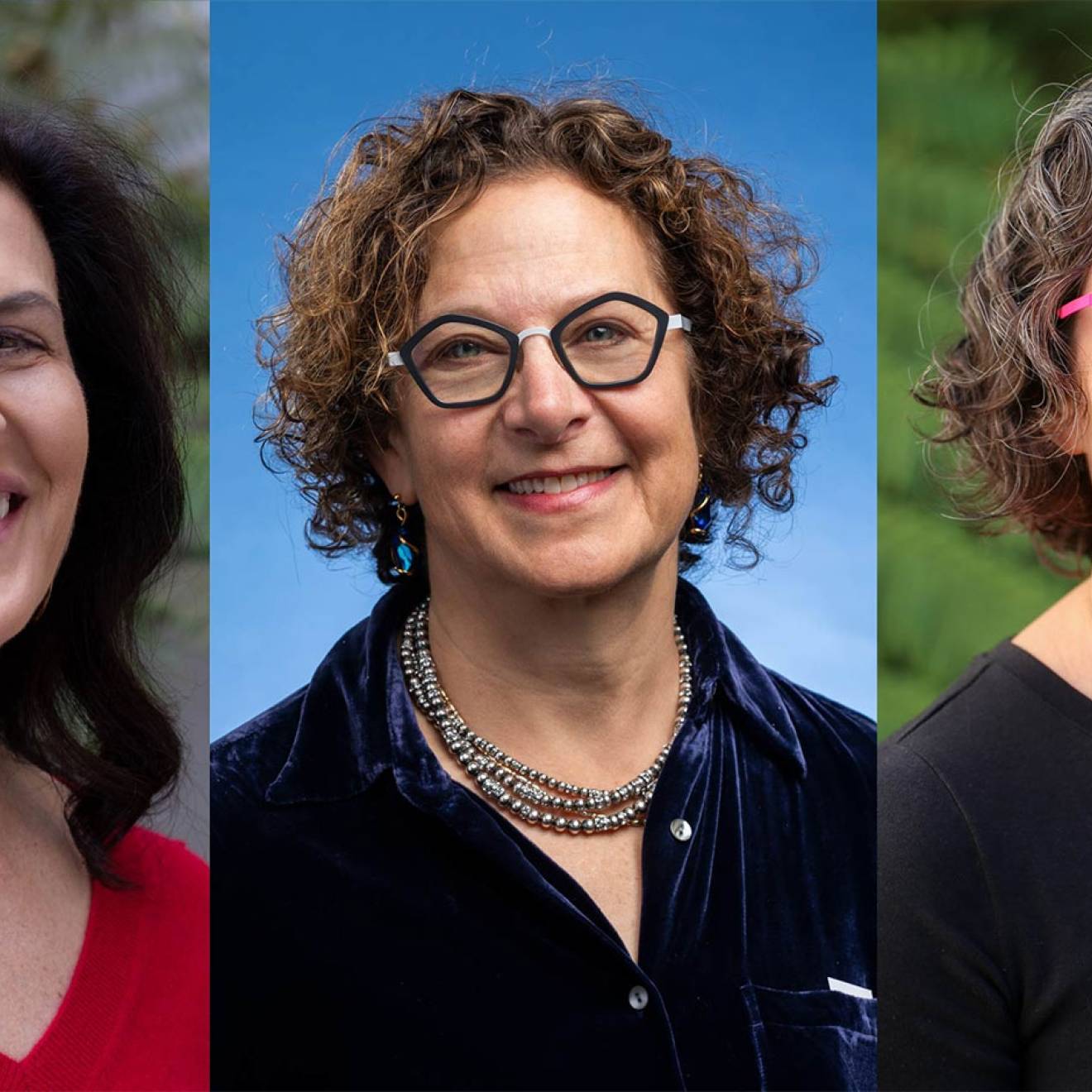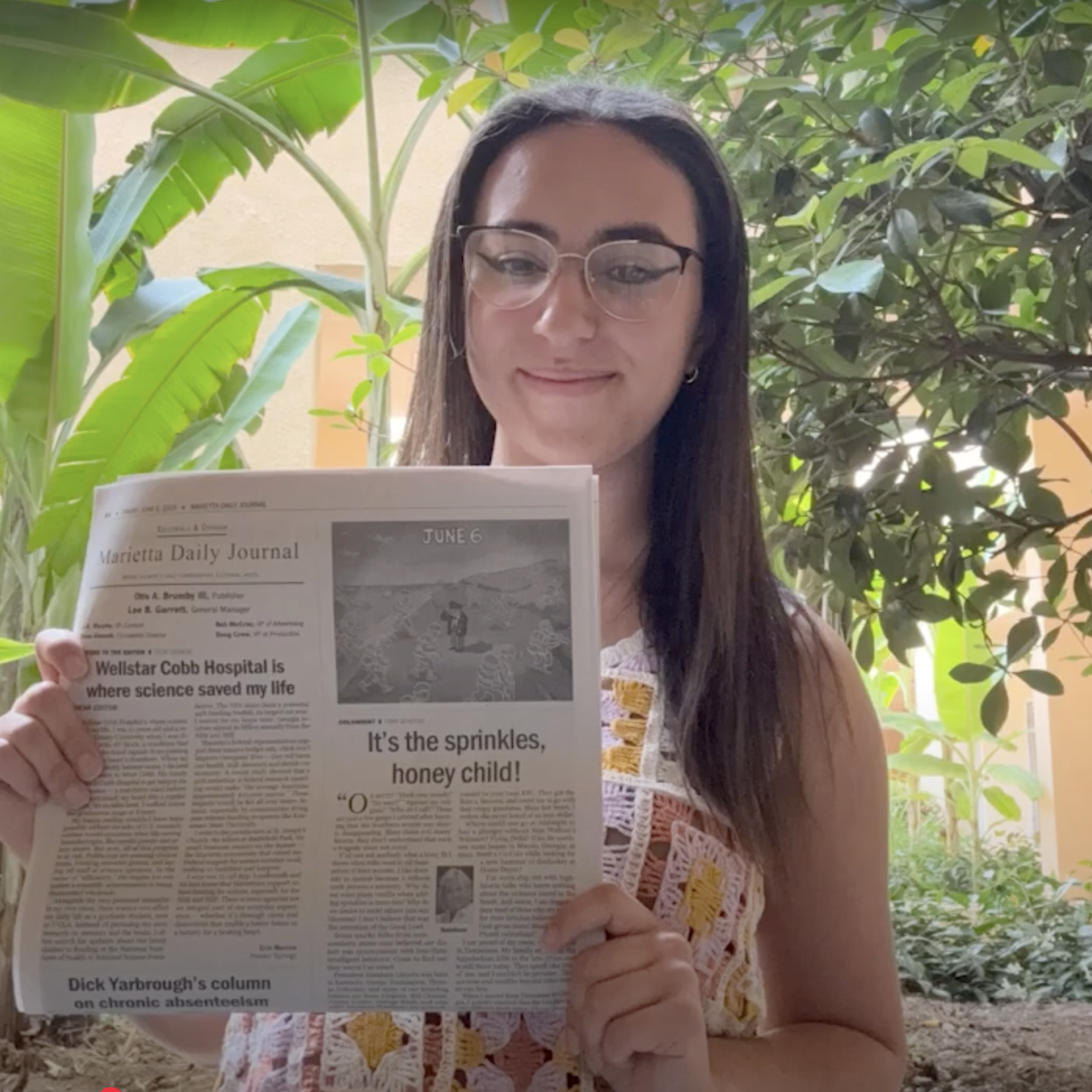Lisa Seachrist Chiu, UC Newsroom
In a political environment where science can seem like more of a litmus test between believers and non-believers and less a topic for serious thought and discussion, University of California President Janet Napolitano has called on scientists to embrace the role of public intellectual.
“I believe scientists have a public obligation to tell lay people why the work they do is so important,” Napolitano told National Academy of Science members attending the Women in Science Luncheon on April 25. “There is a public obligation for scientists to be political advocates for science.”
Without such engagement, the country gets bad public policy, Napolitano argued. “Consider sequestration... too many people in this country, including those who adopted the law and passed it, still do not understand how science works,” she said, noting that the lack of stable and long-term funding wreaks havoc on basic research that requires years to complete and bear fruit.
Napolitano quoted UC San Francisco assistant professor and National Institutes of Health Young Innovators award recipient Diana Laird, who noted that sequestration cuts will “eliminate young faculty like me…and drive away students who are training now.”
And that is deeply concerning at a time when supporting both young faculty and encouraging underrepresented groups to make careers in science is critically important.
Cutting vs. investment
Napolitano expressed concern that public universities across the nation are being asked to pretend that they can cut away at excellence “as opposed to investing in effective ways of teaching and supporting basic research upon which so much depends.”
This raises the specter that such bad policy is a “bright red dashboard light” providing “one more indication that this country has begun to rest on its intellectual laurels — and in an era when the rest of the world is doing the opposite.”
“If we want to strengthen the foundations of our economy, our security, our quality of life, we must persuade the public and the elected officials in it to make those necessary investments,” Napolitano said. “And that takes, again, political will, and the political will is born of public understanding and public interest in the stakes.”
Napolitano believes that the scientific community can take the first step to reclaiming this rich tradition of investment by taking every opportunity to communicate the work they are doing. She mentioned that she will see such attempts in action when she emcees a University of California systemwide “Grad Slam” — a tournament amongst graduate students to present their research in a clear, engaging manner to a general audience. “They have just three minutes to make their case,” Napolitano laughed. “A little bit longer than the average television interview.”
Reaching out
Napolitano emphasized that scientists must make their cases past the echo chamber of those who agree with them to people who are unaware of the importance of their work. She encouraged the audience to engage with people so that they see scientists as normal people asking important questions.
She also challenged scientists who find themselves in Washington, D.C., for conferences and meetings to take the time to meet with their congressional members or their staff, engage federal agencies or have their Congress members introduce them to relevant committees.
“One comes to DC to engage, to advocate — on the Hill or at the federal agencies,” she said.
Napolitano acknowledged that in an ideal world, scientists could focus only on conducting their research and training their graduate students. However, that’s not the world we live in now or have ever lived in and she noted that “those who try to stay above the political fray often can be the first to fall.”
While politics can seem like messy business, Napolitano encouraged her audience to focus on the inscription on the dome of the National Academy of Science’s Great Hall where they had gathered which reads: “To science — pilot of industry, conqueror of disease, multiplier of harvest, explorer of the universe, revealer of nature’s laws, eternal guide to truth.”
And she urged her audience to make the statement “come alive in the nation’s public conscience and in the public and political narrative.”

